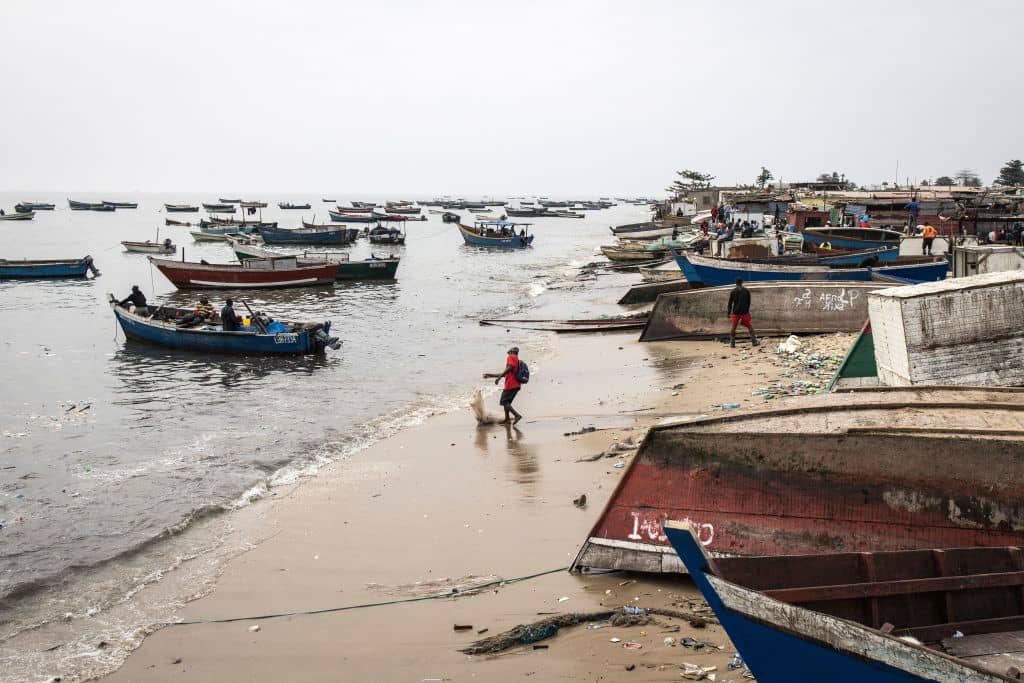Staff Reporter
Fishermen in Benguela, Angola, are facing a severe crisis as Chinese trawlers continue to decimate fish stocks in the region. The local fishermen, who rely on artisanal canoes for their livelihoods, have been left struggling as the once-abundant fish have become scarce due to the activities of the Chinese vessels.
Local fisherman, Jose Caterca has expressed his frustration, stating that the ongoing activities have caused the fish to go far away.
“It is the Chinese trawlers that have caused the fish to go far away. So, it’s more difficult for us.” With an estimated 50,000 artisanal canoe operators in Angola and around 100,000 people employed in the fisheries sector, the impact of the disappearing fish is widespread.
The owner of several artisanal fishing boats and member of the local Ondjalay Fishing Cooperative, Tito Catumbela expressed his concerns about the Chinese trawlers.
“When they notice that the fish are circulating more in the low waters, they move into this part, ruining all the investments we made.” Said Catumbela.
He also added that the Chinese trawlers not only damage their fishing nets but also ignore attempts at communication.
The scarcity of fish has led to a doubling of prices, causing hardships for the local population. Local fish trader, Pachi Sabino has outlined the difficulties faced by people.
“People complain about the price, it’s very difficult. All kinds of fish, caribbean red snapper, sardines, and mackerel are even more expensive.” He said.
The Environmental Justice Foundation (EJF) estimates that China’s bottom trawl fleet catches around 2.35 million tons of fish annually, valued at more than $5 billion, in African waters. Moreover, Chinese trawlers have a reputation for targeting endangered and vulnerable species, including sharks and rays, further exacerbating the ecological damage.
The Chief Executive Officer and founder of EJF has warned that if industrial fishing is not properly managed, Angola may face the decline and collapse of its fisheries.
“We’re seeing the Chinese distant-water fleet scooping out vast amounts of fish, very rarely for local consumption, much more often for international sale, which leaves coastal communities in multiple countries across Sub-Saharan Africa literally going hungry.” He Said.





0 Comments